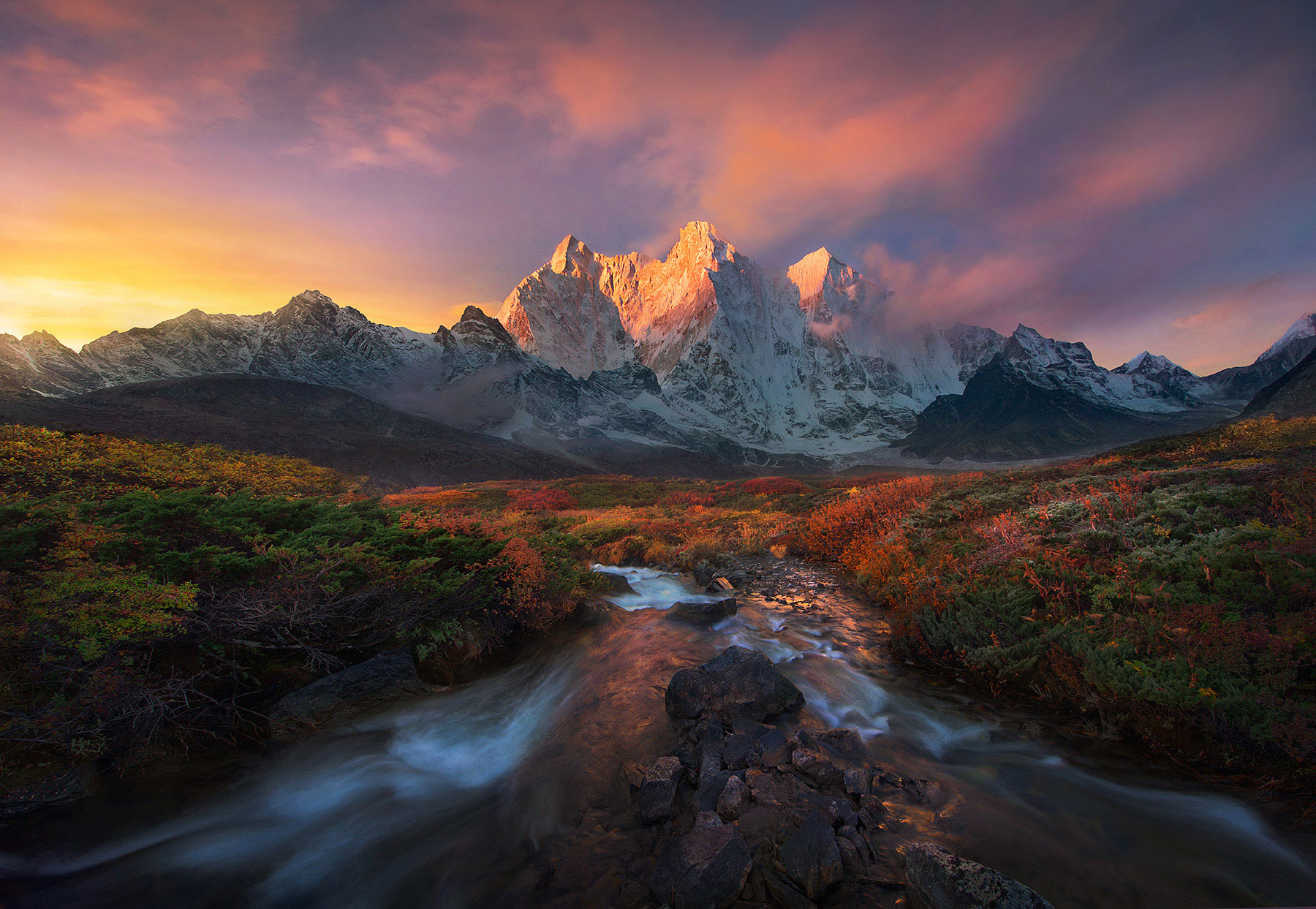
Wildlife Training to Graduates-2020: Learning experience from Ms. Bindu Poudel, Trainee
- By : resourceshimalaya.org
- May 31, 2020


“No matter how few possessions you own or how little money you have, loving wildlife and nature will make you rich beyond measure.” – Paul Oxton
It is an immense pleasure for me to share my experience on one of the most exciting and fruitful involvements of my journey in wildlife conservation. I was very happy to be selected as a trainee for ‘Wildlife Training to Graduates 2020’ organized by Resources Himalaya Foundation (RHF)/ Environmental Graduates in Himalaya (EGH) from 13 – 22 February, 2020. Worldwide Fund for Nature (WWF) Nepal and National Trust for Nature Conservation (NTNC) had provided financial and accommodation support respectively for the training. We were 10 participants, selected among many applicants from all over Nepal. Although we came from different academic backgrounds, it was evident that we had a common aspiration. The training was an appropriate platform for conservation enthusiasts like me who want to pursue a career in the field of wildlife research and/or conservation.
The main motive behind the training, as I felt, was to acquaint the graduates with field techniques needed for wildlife research and conservation and also to introduce them with various experts working in the field. The 10 days of training was divided into two sessions; a theory session for the first three days (conducted at Resources Himalaya Foundation, Sanepa, lalitpur) and a field practice session for the remaining seven days (conducted at Bardiya National Park (BNP)).
The theory sessions were very informative and effective. These sessions not only provided useful knowledge on different aspects of wildlife but also made us aware of different facets of wildlife conservation in Nepal. The information shared during these sessions prepared us for the upcoming field practice; we were motivated to learn more keeping our ambitions and morale high. I was increasingly being excited for the field practice session both physically and mentally.
For the field practice session, we departed from Kathmandu to Bardiya National Park, which is the largest protected area in the lowland Tarai region of Nepal. BNP is home to the majestic Bengal tiger Panthera tigris, one-horned rhinoceros Rhinoceros unicornis and other countless numbers of mammals, birds, and reptiles. Daily schedules of the practical session were very hectic. However, it was a good experience for all of us to make learn the practical application of what we had learnt in theories. We had opportunity to get clear about transect surveys and distance sampling surveys. We also learned to operate camera traps. Sherman’s traps and tube traps. Apart from this, we also learned about various new techniques that are used to study different aspects of wildlife. Undoubtedly, this training has upgraded our technical skills and made us stronger personally. Oral presentations, poster presentations, article reviews, and interaction sessions enhanced our personal development. We got opportunities to re-envision our goal and re-define our priorities. Working in a hectic schedule taught us about time management. It gave us the lesson that nothing will stop us from achieving our target when we have the zeal to do something. We also got the chance to meet and interact with diverse alumni of colleagues having common interests which added the fuel inside us to carry on conservation works. Waiting for three hours in anticipation of sighting a tiger in the scorching sun of Terai taught me a lifelong lesson about importance of patience. Sadly, the tiger did not show up. The close encounters with various wild animals were breathtaking.
During the training, I realized that there are immense opportunities in the field of wildlife conservation if we work sincerely. As a female forester I am enthusiastic to move forward in this field but I have always doubted whether I would be able to adjust myself. I was not sure if I would be able to face the many hurdles including family pressure and social and cultural barriers. But this training boosted up my confidence. I can proudly say ‘Yes I can’. I believe that with a proper skill set and an appropriate zeal, anybody can come forward in this field, irrespective of their gender.
To sum up, this training provided a wonderful overview of the overall wildlife issues in Nepal. It created a platform to share knowledge, problems, experiences, and innovative ideas, while learning the different wildlife research techniques. It acted as a bridge to connect wildlife enthusiasts and the relevant stakeholders. In a nutshell, this training was very effective. I would like to express my sincere gratitude to Resources Himalaya Foundation for providing me the opportunity to be a part of the wonderful training. However, we felt there were a few shortcomings. It could be more effective, if hands-on learning experiences about herpetofauna and post training assignments were provided for garnishing professionalism. I hope this organization will continue conducting this type of training for many students in the coming days so that they get an opportunity to mold themselves properly to become wildlife conservationists.